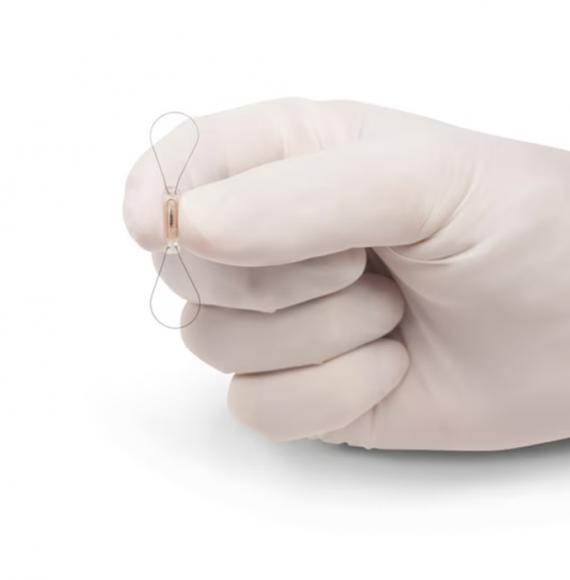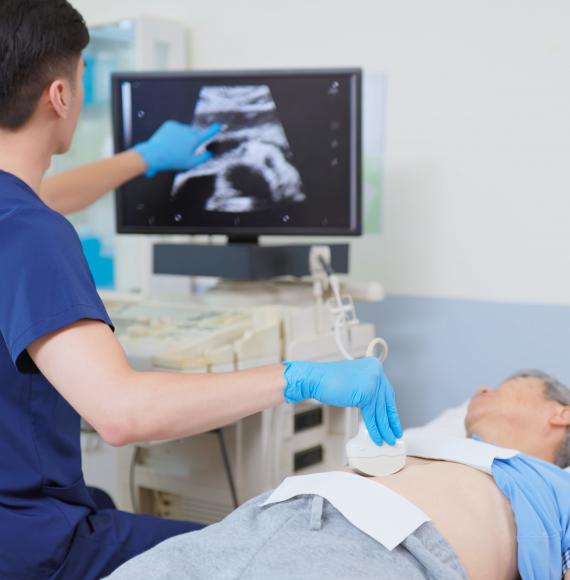The Centre for Perioperative Care, the Royal College of Surgeons of England, and the Royal College of General Practitioners, have launched new guidance today, aimed at helping the NHS provide better advice, support and care to patients contemplating or waiting for surgery.
Given the impact of the pandemic on the NHS - with five million people currently waiting for planned surgery - there are fears that the rate of major complications may rise due to deteriorating health and fitness while on the waiting list.
According to the PQIP Annual Report, 2018-19, major surgical complications already affect over 300,000 NHS patients per year, impacting their long-term quality of life and survival.
The new ‘Pre-operative assessment and optimisation' (POAO) guidance, aims to provide support to clinicians and help transition patients on their waiting list into a preparation list, by using the time to prepare for their surgery instead, and therefore improve their health.
Implementing shared decision making into perioperative care pathways, as set out in NICE’s recent guidance, is recommended and thought to improve patients care experience, quality of care and satisfaction with care, and reduce the per capita cost of health care through improving value.
Professor Ramani Moonesinghe, Author and Chair of the guidance report, and Professor of Perioperative Medicine at UCL said: “We are all aware that the Covid-19 pandemic has had a substantial impact on waiting times for non-urgent treatment. If implemented in full, these guidelines will support the recovery of elective NHS services, help achieve key aims of the NHS Long Term Plan such as reducing health inequalities and preventing serious illness, and crucially, will support patients to get better outcomes from surgery.”
Scarlett McNally, Surgeon and Deputy Director of the Centre for Perioperative Care, said: “This is a chance to improve each of the small factors that make up perioperative care. It is about empowering patients, defining pathways and educating staff so they can all detect problems where interventions are proven to work. What is better for patients Is better for the service and the staff. It really is a win-win.”
Read the guidelines here.



















